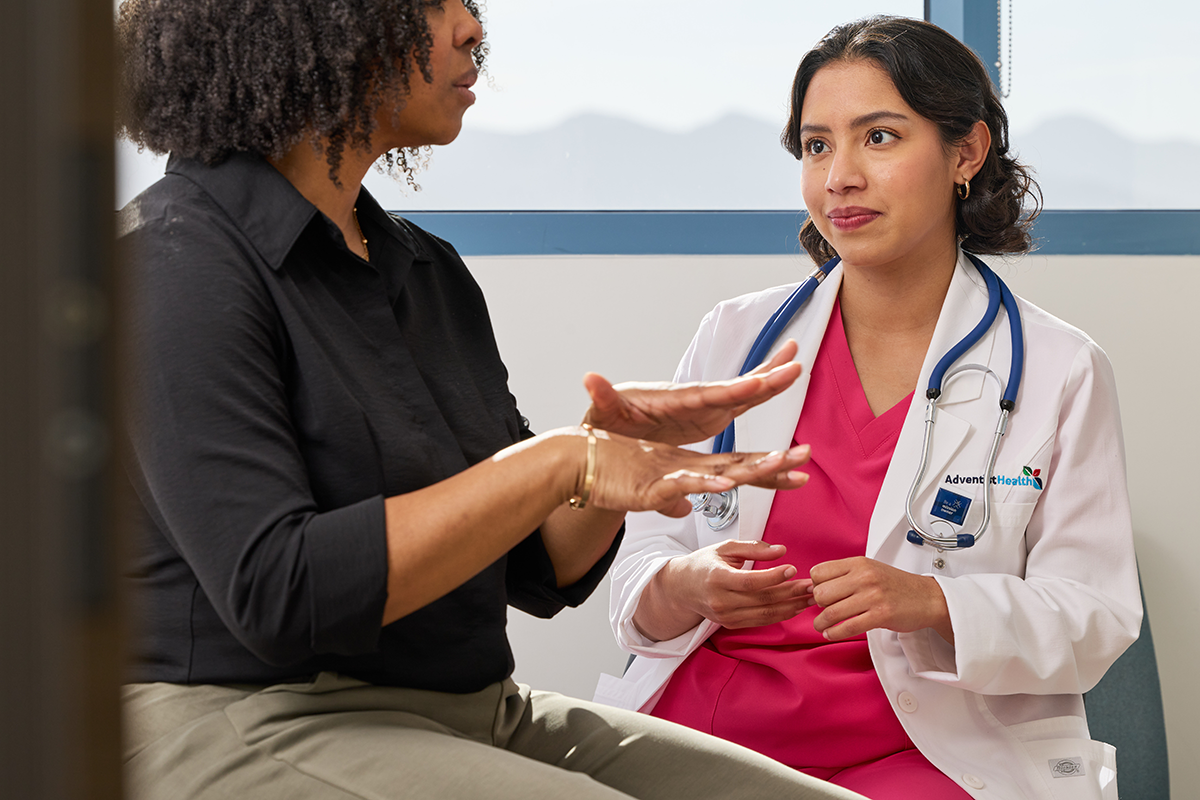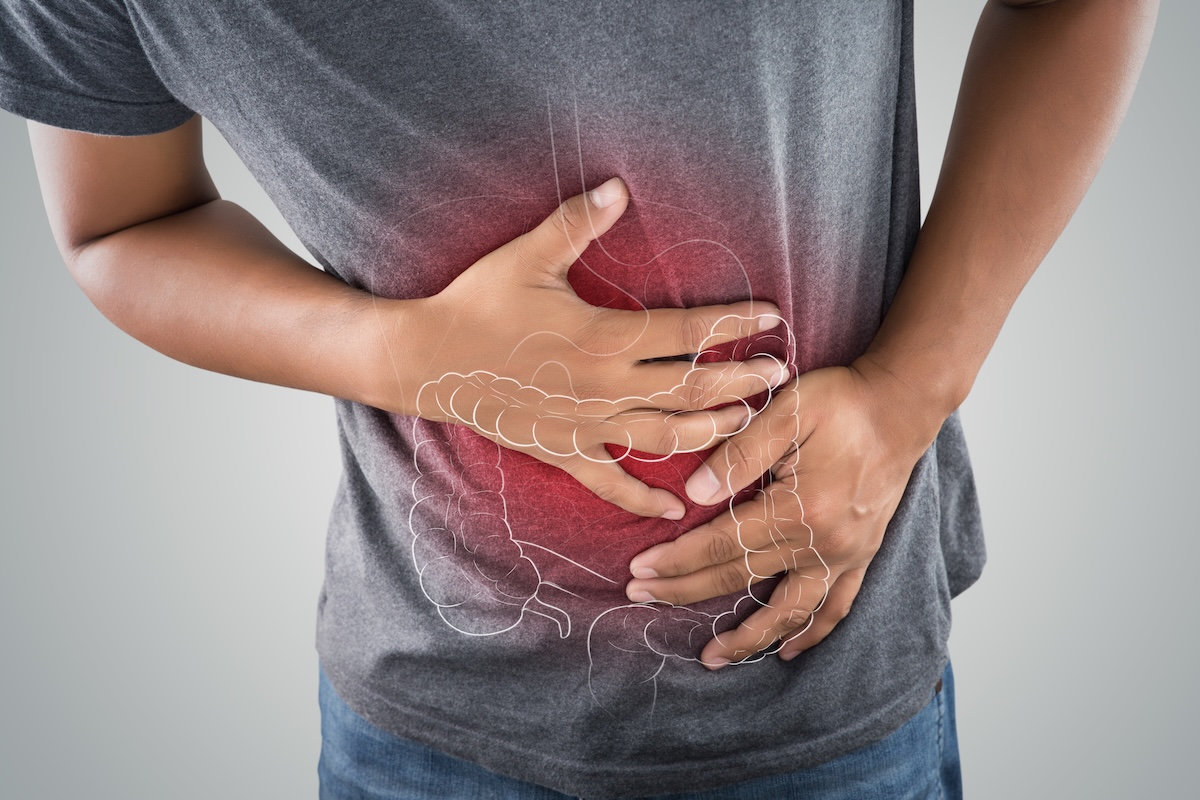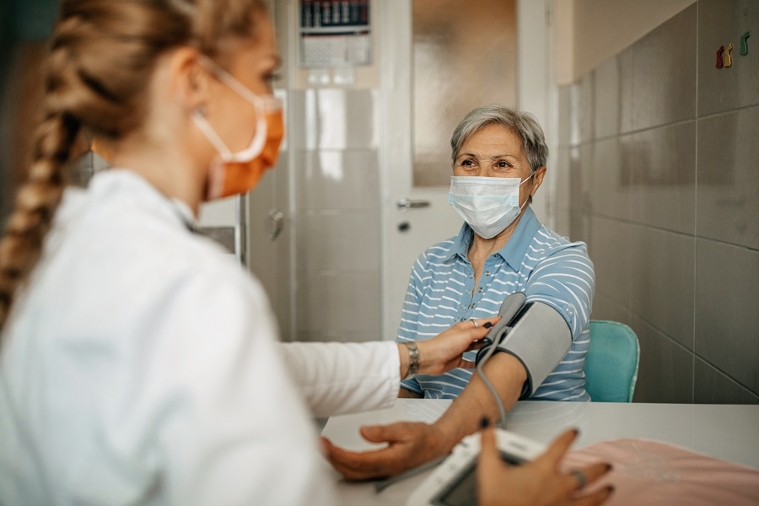Health & Wellness
Can Breast Cancer Be Inherited?
Sep 22, 2025

What you can do if cancer runs in the family
About 10% of cancers are caused by DNA mutations that are passed down through families. While this may sound scary, there are steps you can take to lower that risk — even if you have a higher risk of breast cancer.
At the Sam and Grace Carvajal Comprehensive Breast Center at Adventist Health Glendale, we offer in-depth genetic testing to help you better understand your cancer risk and take action.
“If you have a family history of breast cancer, genetic testing can be a powerful tool,” said Ani Kanian, a nurse practitioner at Adventist Health Glendale. “It can help determine whether you carry any inherited cancer-related genes, then guide what steps to take next based on that information.”
Genetic testing isn’t just about breast cancer. It can also reveal your risk for other cancers, including ovarian, pancreatic, prostate, and stomach cancer — helping you take steps to keep both yourself and your family safe and healthy. “If you carry a genetic mutation, your children and siblings may be at risk as well,” Kanian explained. “This information can benefit many members of your family, not just you.”
Why comprehensive genetic testing matters for you
With more at-home genetic testing kits available, it may be tempting to order one for quick answers. But the type of genetic testing we provide at Adventist Health Glendale is much more comprehensive, detailed, and clinically reliable.
“Direct-to-consumer genetic testing companies may test for a few common mutations —typically low-risk single nucleotide polymorphisms, or ‘SNIPS,’” explained Kanian, “but the kind of genetic testing we do is much more comprehensive.”
Medical-grade genetic testing uses clinically validated panels that analyze dozens of high- and moderate-risk genes linked to many types of cancer. “And you’re never left to interpret your results alone,” Kanian emphasized. “We go through everything together and help you understand what it means for you and your family.”
What to expect during your genetic testing
Here’s what you can expect when you schedule genetic testing at the Sam and Grace Carvajal Comprehensive Breast Center:
- Consultation: You’ll meet with Ani Kanian, FNP-C, to review your personal and family history of cancer and decide whether genetic testing is right for you.
- Genetic test: If you move forward, you’ll provide a saliva sample or blood draw during the same visit. Your sample is sent to a specialized lab that screens for up to 90 genetic mutations linked to cancer risk.
- Results and follow-up: Results typically return in 2–3 weeks. Kanian will go over your results with you, explain what they mean for you and your family, and help create a personalized plan for cancer screening and prevention.
- Referrals and support: If a genetic mutation is found, you’ll receive referrals to a genetic counselor and any needed specialists for ongoing care, education, and risk-reducing strategies.
Take the next step
If cancer runs in your family, you don’t have to face the unknown alone.
Call 818-409-8215 to schedule a consultation with Ani Kanian, FNP-C, at the Sam and Grace Carvajal Comprehensive Breast Center to learn more about genetic testing and how it can help you and your family.


